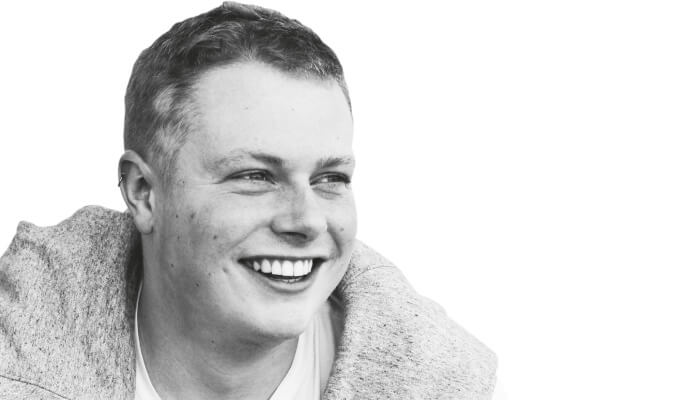In the sciences, as in society, inequities persist in spite of progress. Inequality adopts different forms in each of our minds, molded by our own beliefs and experiences – to some, an omnipotent boogieman fat on insecurities; to others, an impenetrable cloud of blissful ignorance.
Here in the UK, reports of hate crimes motivated by race, religion, sexuality and gender have skyrocketed in recent years – 144 percent in five years for those targeting LGBT+ individuals. I had always viewed the scientific community as a safe haven from such issues because my own experiences have been so overwhelmingly positive. But that’s not the case for all members of the LGBT+ community.
This reality was made clear to me by the findings of a recent report: “Exploring the Workplace for LGBT+ Physical Scientists” (1). Highlighting rates of workplace discrimination as high as 32 percent, with over a quarter of participants expressing they had considered leaving the field for related reasons, it makes for uncomfortable reading. Coincidentally, the Bank of England announced that Alan Turing would feature on the new £50 note just weeks after these findings were published. I needed a stiff drink to process the dichotomy of these revelations.
Turing’s acknowledgement is welcome, but feels bittersweet – a classic case of "too little, too late." The truth is, though much has changed since the wartime days of Turing, the attitudes underlying his persecution remain an adversity faced by many on a daily basis. Recognizing that these barriers exist is a first step - but what comes next?
The aforementioned report suggests we produce visible support for LGBT+ colleagues, improve policies to address harassment and discrimination, and introduce specialized training where appropriate. Such suggestions are valuable and, alongside movements like 500 Queer Scientists (an initiative to improve LGBT+ visibility in the field) and AZPlus (an empowering resource for LGBT+ AstraZeneca employees), may guide us towards positive change.
All change, however, starts at an individual level – so ask yourself what you can do to support your LGBT+ colleagues. The mountains ahead are daunting, but we cannot quake in their shadows. Together, we must tackle the climb.


References
- Institute of Physics, Royal Astronomical Society and Royal Society of Chemistry, “Exploring the workplace for LGBT+ physical scientists”, June 2019 Report. Available at: https://rsc.li/2Jz9j6Q. Accessed August 5, 2019.




